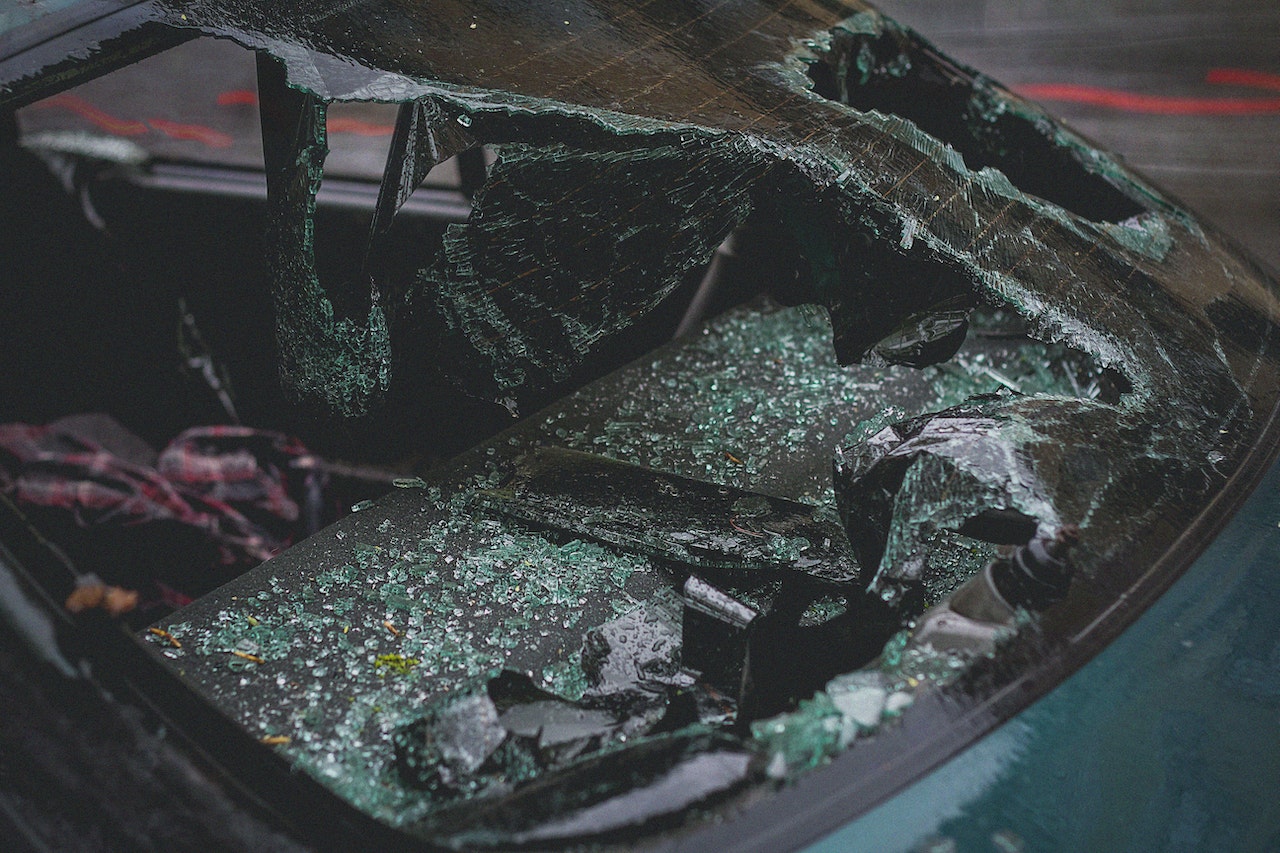When it comes to safeguarding your vehicle and your financial security, insurance plays a crucial role. One specific type of insurance that often raises questions is collision insurance. In this comprehensive guide, we will delve into the depths of collision insurance, explaining what it is, how it works, and why it’s essential for vehicle owners.
What is Collision Insurance?
Collision insurance is a type of auto insurance that covers the cost of repairs or replacement for your vehicle in the event of a collision, regardless of who is at fault. Whether you accidentally hit another car, collide with an object like a tree or a pole, or your vehicle rolls over, collision insurance steps in to provide financial support.
How Does Collision Insurance Work?
When you have collision insurance, and your vehicle sustains damage due to a collision, you can file a claim with your insurance company. They will assess the extent of the damage and provide compensation based on the value of your vehicle and the cost of repairs. It’s important to note that collision insurance usually comes with a deductible, which is the amount you’ll need to pay out of pocket before your insurance coverage kicks in.
The Difference Between Collision and Comprehensive Insurance
While collision insurance covers damage resulting from collisions, comprehensive insurance takes care of other types of damage, such as theft, vandalism, natural disasters, and more. Having both collision and comprehensive coverage provides more comprehensive protection for your vehicle.
Do You Really Need Collision Insurance?
The necessity of collision insurance depends on various factors, including the value of your vehicle, your financial situation, and your risk tolerance. If your vehicle is newer and more valuable, collision insurance can be a lifesaver, ensuring that you don’t have to bear the entire financial burden of repairs or replacement.
Factors Affecting Collision Insurance Premiums
Collision insurance premiums are influenced by factors like your driving history, the make and model of your vehicle, your location, and even your credit score. Insurance companies assess these factors to determine the level of risk they are undertaking by insuring your vehicle.
Understanding Deductibles in Collision Insurance
When you purchase collision insurance, you’ll need to choose a deductible amount. This is the amount you agree to pay before your insurance coverage becomes active. Higher deductibles typically result in lower premiums, but you should choose a deductible that you can comfortably afford in case of an accident.
Steps to File a Collision Insurance Claim
- Contact Authorities: If involved in an accident, ensure everyone’s safety and contact the necessary authorities.
- Gather Information: Collect information from all parties involved, including witnesses.
- Notify Your Insurance: Inform your insurance company about the accident as soon as possible.
- Assessment: An adjuster will assess the damage and provide an estimate for repairs.
- Claim Processing: Once approved, your claim will be processed, and compensation will be provided after deductibles.
Is Collision Insurance Required by Law?
Unlike liability insurance, collision insurance is not typically required by law. However, if you’re financing or leasing your vehicle, your lender might mandate collision coverage until the loan is paid off.
Collision Insurance vs. Liability Insurance
Liability insurance covers damage to other people’s property and injuries in accidents you cause. Collision insurance, on the other hand, covers your own vehicle’s damage. Both types of coverage serve different purposes and are often recommended together for comprehensive protection.
Benefits of Collision Insurance
Collision insurance offers peace of mind by ensuring that you won’t have to shoulder the entire financial burden of repairing or replacing your vehicle after a collision. It’s a safety net that keeps you covered in unexpected situations.
When Does Collision Insurance Not Apply?
Collision insurance may not apply in certain scenarios, such as hitting an animal, acts of nature, or when another driver is at fault and their insurance covers the damages. These cases typically fall under comprehensive insurance or the other driver’s liability insurance.
Tips for Choosing the Right Collision Coverage
- Consider Your Vehicle’s Value: Assess whether collision coverage is worth it based on your vehicle’s value.
- Evaluate Deductibles: Choose a deductible that aligns with your budget.
- Review Policy Limits: Understand the maximum payout your insurance offers for collision claims.
Is Collision Insurance Worth It for Older Vehicles?
For older vehicles with lower market values, collision insurance might not always be cost-effective. Consider the potential payout versus the premiums you’ll pay over time.
How to Lower Your Collision Insurance Premiums
- Raise Deductibles: Increasing your deductible can lower your premiums.
- Maintain a Clean Driving Record: Safe driving keeps your premiums from rising due to accidents.
- Ask About Discounts: Inquire about available discounts, such as safe driver discounts or bundling with other policies.
Conclusion
In the world of auto insurance, collision coverage stands as a vital shield against the uncertainties of the road. It ensures that even in the face of unexpected collisions, you won’t find yourself stranded without financial support. While it might not be mandatory, it’s an investment that brings peace of mind and protection to both new and seasoned vehicle owners.
FAQs
- Is collision insurance the same as comprehensive insurance? No, collision insurance covers damage from collisions, while comprehensive insurance covers other types of damage.
- Can I have collision insurance without comprehensive coverage? Yes, you can have collision coverage without comprehensive coverage and vice versa.
- Are collision insurance premiums higher for new drivers? Generally, new drivers may have higher premiums due to their limited driving history.
- What happens if my vehicle’s repairs cost more than its value? In some cases, your vehicle might be considered a total loss, and you’ll receive compensation up to its market value.
- Can I change my deductible later? Yes, you can usually adjust your deductible when renewing your policy.
